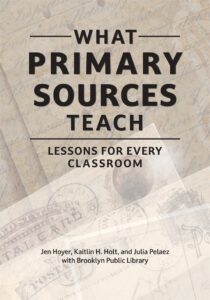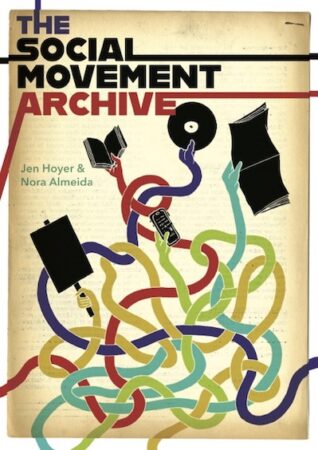City Tech Library faculty have varied scholarly and creative agendas. Here are our recent publications and other accomplishments:
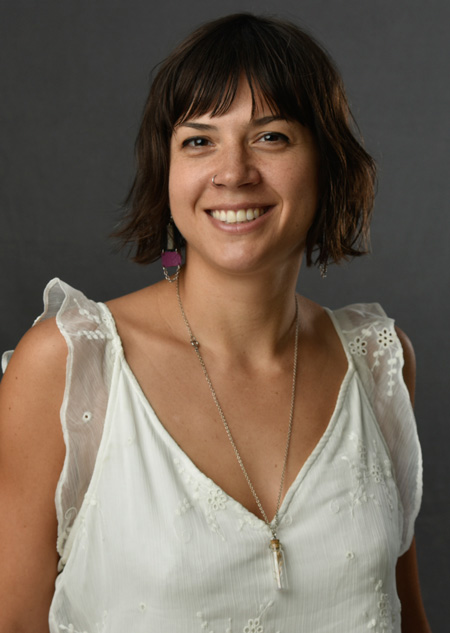 Nora Almeida
Nora Almeida
Almeida, N. (Oct. 2022) Land Use Intervention Library performance piece. Puffin Foundation. https://www.puffinfoundation.org/grantees/land-use-intervention/
Almeida, N. (2022) “Out of Town,” TYPO, 33, http://www.typomag.com/issue33/almeida.html
Hoyer, J., & Almeida, N. (2021). The social movement archive. Litwin Books. see under Hoyer for links
Almeida, N., & Tidal, J. (2022). Library Wayfinding and ESOL Students: Communication Challenges and Empathy-Based Intervention. portal: Libraries and the Academy, 22(2), 453-474. https://doi.org/10.1353/pla.2022.0025.
 Read in Academic Works
Read in Academic Works
Almeida, N. (2022). Library Tautology: A Reenactment of the One-Shot. College & Research Libraries, 83(5), 833. https://doi.org/10.5860/crl.83.5.833.
 read in Academic Works
read in Academic Works  meet the author
meet the author
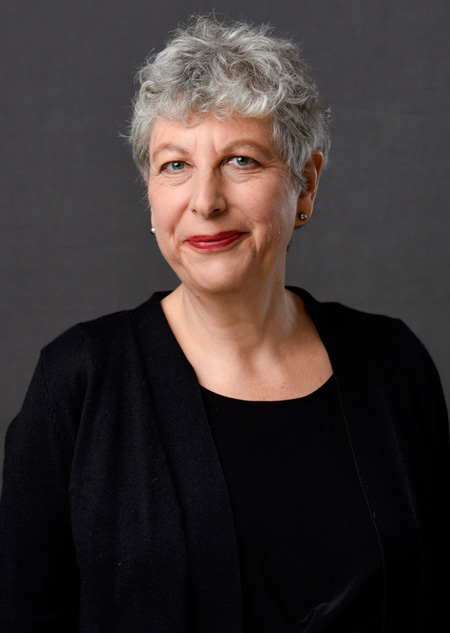 Monica Berger
Monica Berger
Berger, M. (2021). Bibliodiversity at the Centre: Decolonizing Open Access. Development and Change, 52(2), 383–404. https://doi.org/10.1111/dech.12634
Berger, M. (2021). Teaching Authors about Predatory Journals in the One-on-One Consultation. In B. Buljung & E. Bongiovanni (Eds.), The Scholarly Communications Cookbook (pp. 177–181). Association of College and Research Libraries.
Berger, Monica (2023). “The Politics of Open Access and the Decolonization of Knowledge” [Invited paper], The Integrative Potential of Epistemic Virtues for the Digital Humanities, German Institute of Tokyo, Toyko.
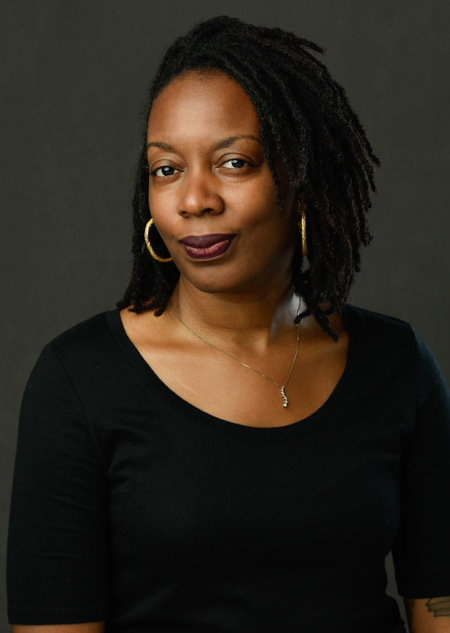 Wanett Clyde
Wanett Clyde
Clyde, W. (2022). Peer Pressure: Embracing Good Influences. In R. M. Kim, G. M. Cho, & R. McGinty (Eds.), The children of the people: Writings by and about cuny students on race and social justice (First). DIO Press.
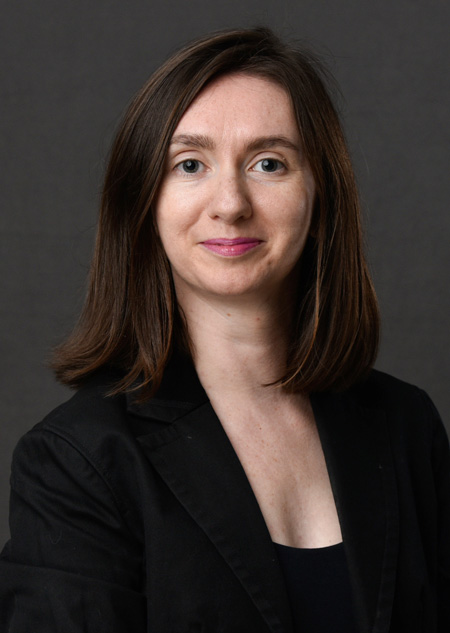 Cailean Cooney
Cailean Cooney
Cailean was accepted as a Fellow in the inaugural CUNY Innovative Teaching Academy (CITA) Summer Institute.
Cailean, along with her co-pi at Brooklyn College, were awarded funding from the NYC Tech Talent Pipeline and the University Dean for Talent & Industry Partnerships for a CUNY-wide research project entitled Do students have adequate access to technology to succeed in Computer Science / information technology courses, both in and outside the classroom?
Cooney, C. (2022, October). Faculty Representation in OER Initiatives. CUNY SoTL Conference (virtual).
Cooney, C. (2022). City Tech’s Open Educational Resources Fellowship. In E. Bakaitis (Ed.), Considerations of Open: Faculty reflections about open educational resources.
Cooney, C., Thompson, J. & Peach, J. (2022). Creating Community among Faculty OER Fellows: COVID-19 edition. In E. Bakaitis (Ed.), Considerations of Open: Faculty reflections about open educational resources.
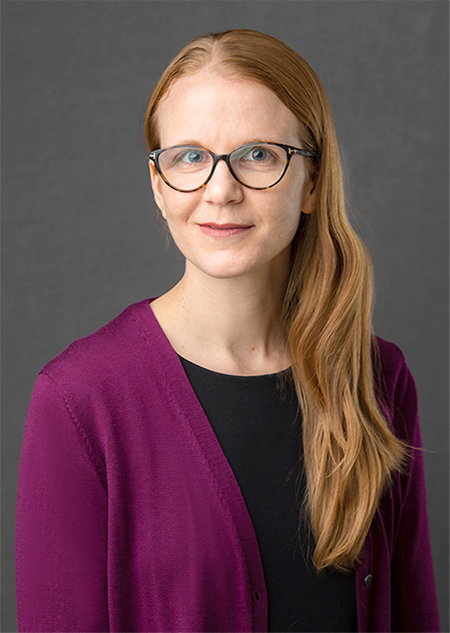 Jen Hoyer
Jen Hoyer
Hoyer, J., & Almeida, N. (2021). The social movement archive. Litwin Books.
 read the introduction in Academic Works.
read the introduction in Academic Works.  meet the authors
meet the authors
Hoyer, J., Holt, K. H., Pelaez, J., & Guy-Clement, N. (2022). What primary sources teach: Lessons for every classroom. Libraries Unlimited, An Imprint of ABC-CLIO, LLC.
 meet the author
meet the author
Hoyer, J., Holt, K., Voiklis, J., Attaway, B., & Joy Norlander, R. (2022). Redesigning Program Assessment for Teaching with Primary Sources: Understanding the Impacts of Our Work. The American Archivist, 85(2), 443-479. https://doi.org/10.17723/2327-9702-85.2.443.
 Read in Academic Works
Read in Academic Works  meet the author
meet the author
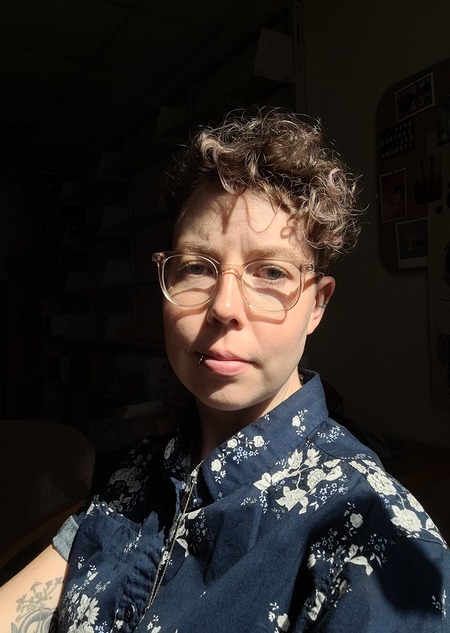 Kel Karpinski
Kel Karpinski
Karpinski, K. R. (2022). Hail, Caesar! In E. J. Dymond & S. J. Murguía (Eds.), The Encyclopedia of LGBTQIA+ Portrayals in American Film (pp. 162–167). Rowman & Littlefield
 meet the author
meet the author
Karpinski, K. R. (2022). The Iconography of an All‐American Icon: Sailors, Homoeroticism, and Mid‐Century Queer Cultural Politics. The Journal of American Culture 45, 440-457. https://doi.org/10.1111/jacc.13419
.  meet the author
meet the author
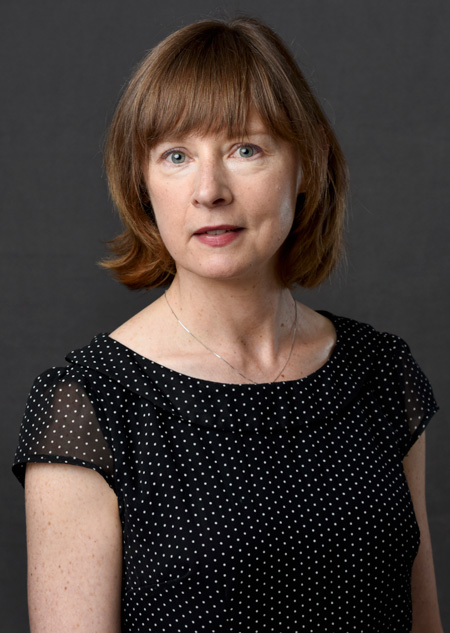 Anne Leonard
Anne Leonard
Leonard, Anne, and Jason Montgomery. “The City as a Learning Lab: Using Historical Maps and Walking Seminars to Anchor Place-Based Research.” Engaging Undergraduates in Primary Source Research, edited by Lijuan Xu, Rowman & Littlefield, 2021, pp. 59–68.
 read in Academic Works
read in Academic Works
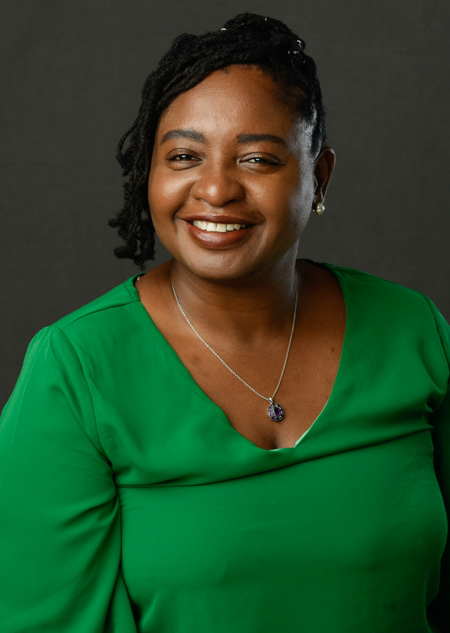 Nandi Prince
Nandi Prince
Prince, N. (2021). Communicating to improve the lived experiences of learning during COVID-19. The Christian Librarian, 64(1), 5.
Prince, N. (2022). Women of Colour and Black Women Leaders are Underrepresented in Architectural Firms Featured in Key Trade Publications. Evidence Based Library and Information Practice, 17(3), 138–140. https://doi.org/10.18438/eblip30180.
 read in Academic Works
read in Academic Works
Prince, N. (2023). Prince, N. (2023). What’s art got to do with politics? Show me the evidence. College & Research Libraries News, 84(1), 7. https://doi.org/10.5860/crln.84.1.7
 Read in Academic Works
Read in Academic Works
Prince, N. 2022 PSC-CUNY Research Award recipient to fund research study: “Assessment of Students Research Practices who are Enrolled in an Evidence-Based Nursing Program.” Award #65088-00 53.
Junior Tidal
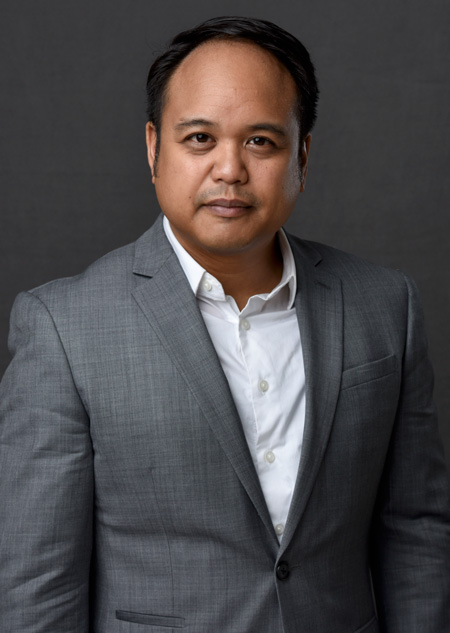
Tidal, J. (2021).
Podcasting: A practical guide for librarians. Rowman & Littlefield.
 Read Ch. 1 in Academic Works
Read Ch. 1 in Academic Works
Almeida, N., & Tidal, J. (2022). Library Wayfinding and ESOL Students: Communication Challenges and Empathy-Based Intervention. portal: Libraries and the Academy, 22(2), 453-474. https://doi.org/10.1353/pla.2022.0025.
 Read in Academic Works
Read in Academic Works
Pen by VectorsLab from Noun Project
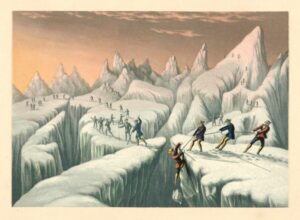 Describe your scholarship or creative work to someone unfamiliar with the field.
Describe your scholarship or creative work to someone unfamiliar with the field.
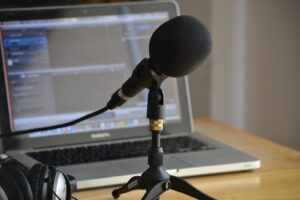
 Nora Almeida
Nora Almeida Monica Berger
Monica Berger Wanett Clyde
Wanett Clyde Cailean Cooney
Cailean Cooney Jen Hoyer
Jen Hoyer Kel Karpinski
Kel Karpinski Anne Leonard
Anne Leonard Nandi Prince
Nandi Prince

 Describe your scholarship or creative work to someone unfamiliar with the field.
Describe your scholarship or creative work to someone unfamiliar with the field. Jen Hoyer, Instructor, Technical Services and Electronic Resources Librarian published “Redesigning Program Assessment for Teaching with Primary Sources: Understanding the Impacts of Our Work” in American Archivist, the premiere journal in the specialty of archives. Her article is
Jen Hoyer, Instructor, Technical Services and Electronic Resources Librarian published “Redesigning Program Assessment for Teaching with Primary Sources: Understanding the Impacts of Our Work” in American Archivist, the premiere journal in the specialty of archives. Her article is  Nora Almeida, Associate Professor, Instruction and Outreach Librarian recently published an article, “Library Tautology: A Reenactment of the One-Shot” in a special issue of College and Research Libraries. Her article is
Nora Almeida, Associate Professor, Instruction and Outreach Librarian recently published an article, “Library Tautology: A Reenactment of the One-Shot” in a special issue of College and Research Libraries. Her article is 